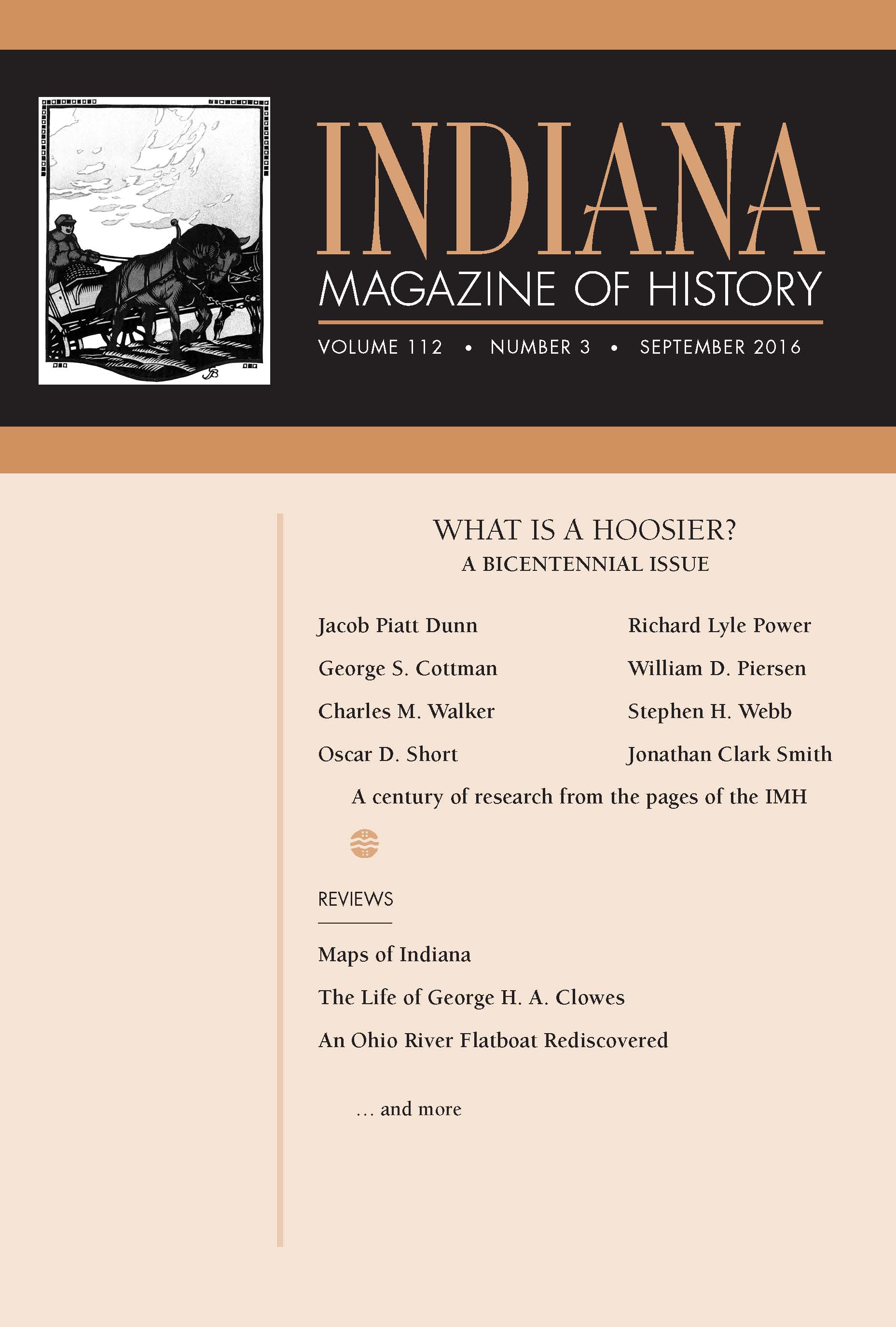Beyond Redemption: Race, Violence, and the American South after the Civil War By Carole Emberton
Main Article Content
Abstract
Beyond Redemption provides a broad meditation on masculinity and racial violence during the Civil War era. One of Carole Emberton’s central arguments is that Radicals promoting civil rights were in a double bind: They depicted resistance and military service as establishing the manhood of enslaved people, but had to avoid raising the specter of racial barbarism. Their rhetoric initially worked, but Emberton argues that it empowered reactionaries whose resort to terror was sanctified by effective use. Thus the era’s “militarized notions of freedom and citizenship, and a hypermasculine, aggressive political style” eventually eased the retreat from Reconstruction (p. 8).
Downloads
Download data is not yet available.
Article Details
How to Cite
Fitzgerald, M. W. (2018). Beyond Redemption: Race, Violence, and the American South after the Civil War By Carole Emberton. Indiana Magazine of History, 112(3), 266–267. Retrieved from https://scholarworks.iu.edu/journals/index.php/imh/article/view/25497
Section
Reviews
